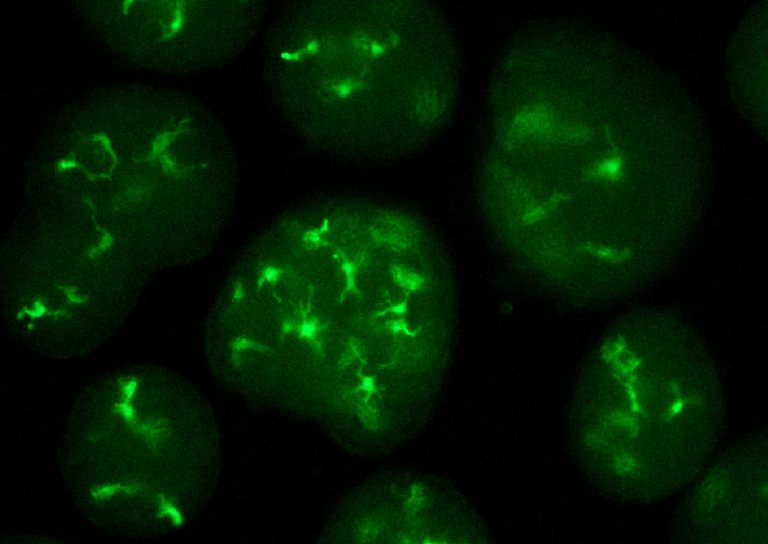Immunoregulation of Pancreatic Islets
"laughter is the best medicine - unless you're diabetic, then insulin comes pretty high on the list" Jasper Carrot

Metabolism and immunity have long been considered as two distinct processes. Since the seminal discovery of macrophages located around lipid-storing adipocytes, it has become evident that immune cells can finely tune metabolic homeostasis. A role exists for immunity in fundamental physiology that is not related to classical immune responses of host-defence. Indeed, extensive studies in the field of immunometabolism have shown that the nature and activation state of immune cells residing in tissues, such as fat depots and the liver, greatly influence their metabolic functions. More recently, we and others have shown that immune cells can likewise regulate the endocrine function of pancreatic islets. Indeed, insulin-secreting b cells have to dynamically respond to fluctuating insulin demands of the body, from daily needs after food intake to complex physiological processes. Our team proposes that islet-resident immune cells and other accessory cells support b cell adaptive responses to meet these insulin demands.
Objectives: Our working group wants to identify novel immunological pathways with regenerative and insulinotropic properties to support b cell homeostasis. We believe that learning from islet intrinsic protective mechanisms against metabolic stress is essential for the discovery of therapeutic targets for diabetes treatment, the disease of insufficient insulin secretion.
Human resources
Elise Dalmas (Principal investigator ATIP-Avenir)
Joy Cuenco (Post doc)
Amélie Grosjean (PhD student)
Andreia Goncalves (Engineer)
Raphaëlle Ballaire (Engineer)
Publications:



